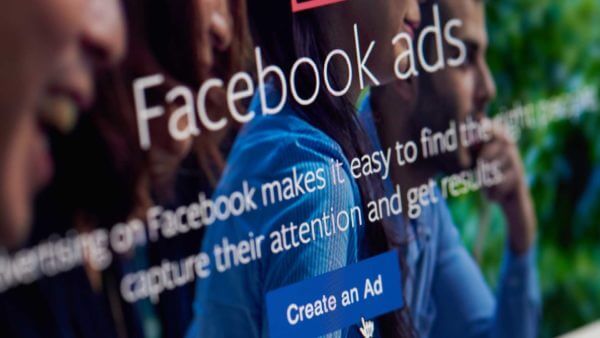Facebook warns advertisers ‘Clear History’ tool may impact ad targeting
The transparency tool designed to give users more control over their data will be rolling out in the coming months.
“It’s important to understand that advertising and protecting people’s information are not at odds,” writes Facebook on its Business blog post, “We can do both.”
How the “Clear History” tool will work. Facebook’s Clear History tool was first announced during last year’s F8 Conference when CEO Mark Zuckerberg said his team was working on a tool that would let users clear their browsing history on the platform and see all the apps they had interacted with.
The company clarified the feature doesn’t actually delete a user’s browsing activity or off-line actions, but makes the data anonymous: “If you clear your history or use the new setting, we’ll remove identifying information so a history of the websites and apps you’ve used won’t be associated with your account. We’ll still provide apps and websites with aggregated analytics.”
The Clear History feature is designed to deliver more transparency for users, showing them a list of the apps and websites they have visited that employ Facebook business tools like the Facebook Pixel, SDK and API.
Facebook reports it will be rolling out the new tool in the coming months, more than a year since it was first announced.
Implications for ad targeting. Facebook said that once the tool is live, and users are able to disconnect their off-Facebook activity from their profile, the company will no longer be able to use that data for ad targeting.
“This means that targeting options powered by Facebook’s business tools, like the Facebook pixel, can’t be used to reach someone with ads. This includes Custom Audiences built from visitors to websites or apps,” writes Facebook.
The company recommends advertisers take this under consideration when planning their strategies for the second half of the year.
Measurement and analytics reports. Facebook says it doesn’t anticipate any changes to measurement and analytics reports once the Clear History tool has launched. Because the company is not deleting off-platform activity by users — only making it anonymous — that data will still be available for measurement reports.
“We will still be able to provide accurate measurement to help businesses understand the impact of their Facebook investment, while honoring people’s choice to exercise control over their off-Facebook activity,” writes Facebook.
Why we should care. Facebook has long been a goldmine for ad targeting, but at what cost to user privacy and data security? The Clear History tool addresses a critical issue that has been at the core of Facebook’s ongoing crisis over how it handles user data. The company stresses that a “big component” of the new tool is giving users more transparency into how their data is used and insight into how advertisers use Facebook’s business tools. It also makes the argument that informing people about how their information is being used will only improve how consumers feel about the ads they see.
Our industry is seeing the initial glimpses of a whole new Facebook — one focused on privacy and one-on-one messaging versus public social feeds. For advertisers, this means ad targeting options are likely to become more limited. As we move forward into this new era of Facebook, marketers must reconsider how they connect with their audiences — on and off the platform.



